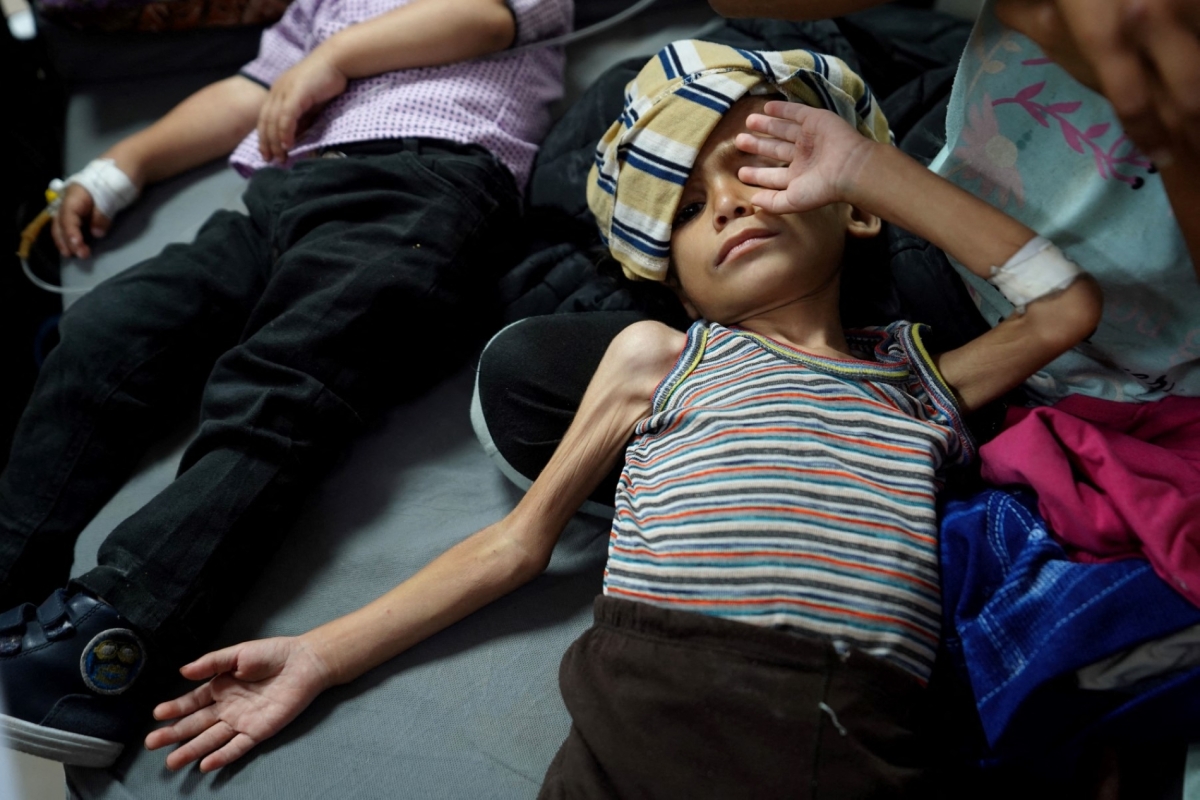UN's humanitarian aid chief, Tom Fletcher, said on 20 May that 14,000 Palestinian babies could die within 48 hours if aid does not reach them. His warning came amid mounting international criticism of Israel over blocking any humanitarian aid from getting into Gaza for more than ten weeks now, while also expanding its ground offensive, which has killed more than 500 Palestinians in the past eight days.
In perhaps their harshest position on Israel since it launched its war on Gaza on October 7, 2023, the UK, France and Canada have warned Israel they will take "concrete actions" if it continues an "egregious" expansion of military operations in Gaza. Sir Keir Starmer joined the French and Canadian leaders to call on the Israeli government to "stop its military operations" and "immediately allow humanitarian aid to enter Gaza".
The British government says it will suspend new free trade negotiations with Israel and impose additional sanctions on illegal Israeli settler outposts in the occupied West Bank, while the Israeli ambassador to the UK, Tzipi Hotovely, has also been summoned to the Foreign Office.
UK Prime Minister Keir Starmer ramped up his pointed criticism of Israel on Tuesday, saying the level of suffering by children in Gaza was “utterly intolerable” and repeating his call for a ceasefire. This comes as the EU voted to review its trade cooperation deal with Israel, the bloc’s foreign policy chief Kaja Kallas said on Tuesday.
About 95% of aid groups have suspended or cut their services due to Israeli bombardment and blockade. Last month, UK-based aid group Oxfam reported that kids were "eating less than one meal a day and struggling to find their next meal. “Everyone is purely eating canned food ... Malnutrition and pockets of famine are definitely occurring in Gaza," Bushra Khalidi, the group's policy head, said.
Israel's starvation campaign has led to widespread malnutrition throughout the Strip, weakening immune systems, which, in turn, allow for diseases to spread more easily. With the alarm bells sounding for well over a month now about "imminent famine", US Ambassador to Israel Mike Huckabee announced on 9 May the rollout of a US-supported mechanism to distribute aid to Gaza residents, with deliveries expected to begin soon.
















